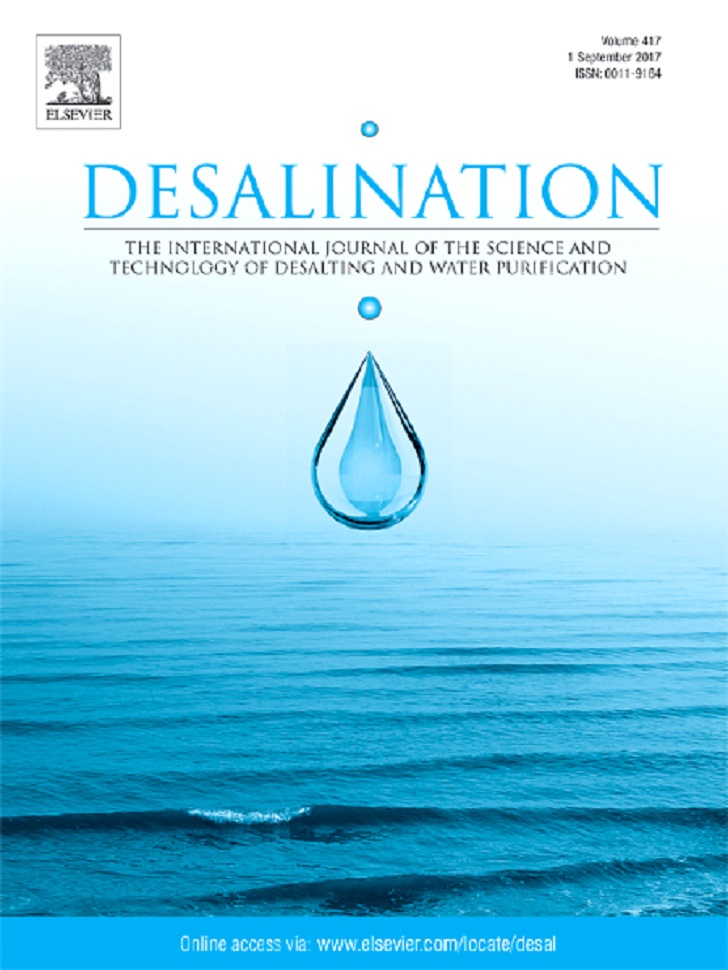
The review article 'State-of-the-art of renewable energy sources used in water desalination: Present and future prospects' has been published in Elsevier journal Desalination (Volume 508, 15 July 2021, 115035).
Abstract
The last decade has seen a worldwide increase in the use of alternative energy sources, especially renewable energy (RE), including its application in desalination. In the past many experimental and pilot investigations were presented which allowed the costs and effectiveness of such integrated solutions to be estimated. The present review describes experience related to the use of solar thermal technologies (solar collector and concentrated solar power technologies), solar electricity (photovoltaic and concentrator photovoltaics), wind, hydroelectric (hydropower, tidal, wave and ocean thermal energy), biomass and geothermal energy (power and thermal) as well as hybrid systems. The costs relating to energy and desalinated water production are investigated in the case of various technological processes used in desalination. The main directions for development of the RE systems investigated are discussed and their advantages and disadvantages are assessed. Such a comprehensive review showed that the expansion of the effective use of RE sources is still hampered by several techno-economic aspects.
The paper focuses on the main concerns of the need to optimise energy processes, especially by creating more energy-efficient and economically effective solutions, energy storage, energy recovery and the expansion of off-grid systems. As a result of the analysis it was concluded that, despite some disadvantages, the combining of RE with desalination processes requires further intensive research and demonstration units for longer term performance. Regulations to develop less energy-intensive desalination technologies are also still needed.



